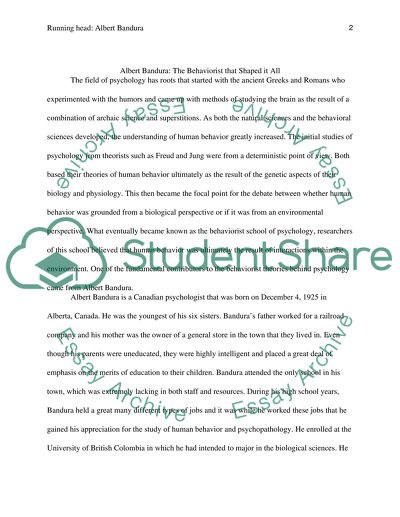Cite this document
(“Albert Bandura: The Behaviorist that Shaped it All Term Paper”, n.d.)
Retrieved de https://studentshare.org/psychology/1390473-personality-theorist
Retrieved de https://studentshare.org/psychology/1390473-personality-theorist
(Albert Bandura: The Behaviorist That Shaped It All Term Paper)
https://studentshare.org/psychology/1390473-personality-theorist.
https://studentshare.org/psychology/1390473-personality-theorist.
“Albert Bandura: The Behaviorist That Shaped It All Term Paper”, n.d. https://studentshare.org/psychology/1390473-personality-theorist.


